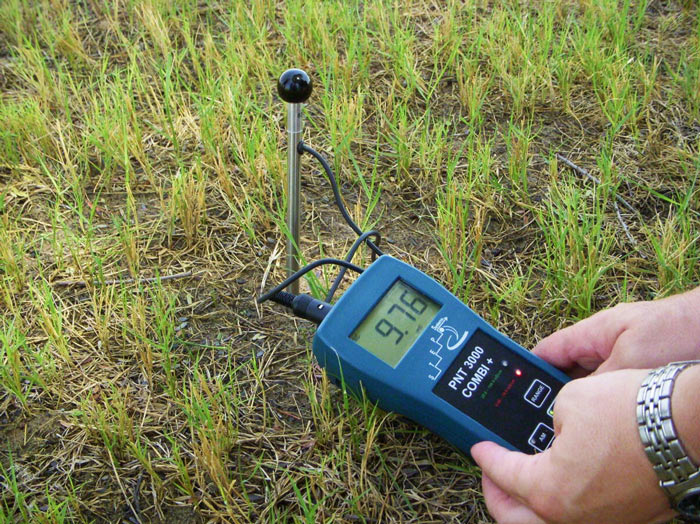
One of the major challenges in agriculture is imbalanced soil pH and high soil salinity, which can reduce plant growth and affect crop yield. Using natural and organic materials is one of the most effective ways to improve soil, reduce salinity, and regulate pH.
Importance of Controlling Soil pH and Salinity
-
Imbalanced pH reduces nutrient uptake by plants.
-
High salinity causes salt stress for roots, limiting plant growth.
-
Adjusting pH and salinity provides the foundation for higher productivity and quality crops.
Natural Methods for Controlling Soil pH and Salinity
-
Using Compost and Organic Fertilizers
Adding compost, well-rotted manure, and other organic materials helps balance pH and reduce salinity effects. These materials also improve soil structure and enhance beneficial microbial activity. -
Using Lime for Acidic Soils
Applying lime to acidic soils raises pH and reduces soil acidity, creating favorable conditions for nutrient absorption. -
Using Sulfur and Natural Acidifiers
In alkaline soils, sulfur and other natural acidifying materials can lower soil pH and optimize growth conditions. -
Controlled Irrigation and Leaching
Proper irrigation and soil leaching help wash out excess salts, reducing salinity. Combining this with mulching enhances effectiveness. -
Beneficial Microorganisms and Biofertilizers
Certain bacteria and fungi can mitigate negative effects of salinity and improve nutrient uptake, helping maintain pH balance naturally.
Conclusion
Controlling soil pH and salinity naturally is a simple, cost-effective, and sustainable method for improving plant growth and crop yield. Using natural techniques, farmers can produce healthier soil, more resilient plants, and higher-quality crops.
Javaneh Omid Balouch Company provides training and consultancy in soil improvement, pH regulation, and salinity management, supporting farmers in achieving sustainable and optimized agriculture.
